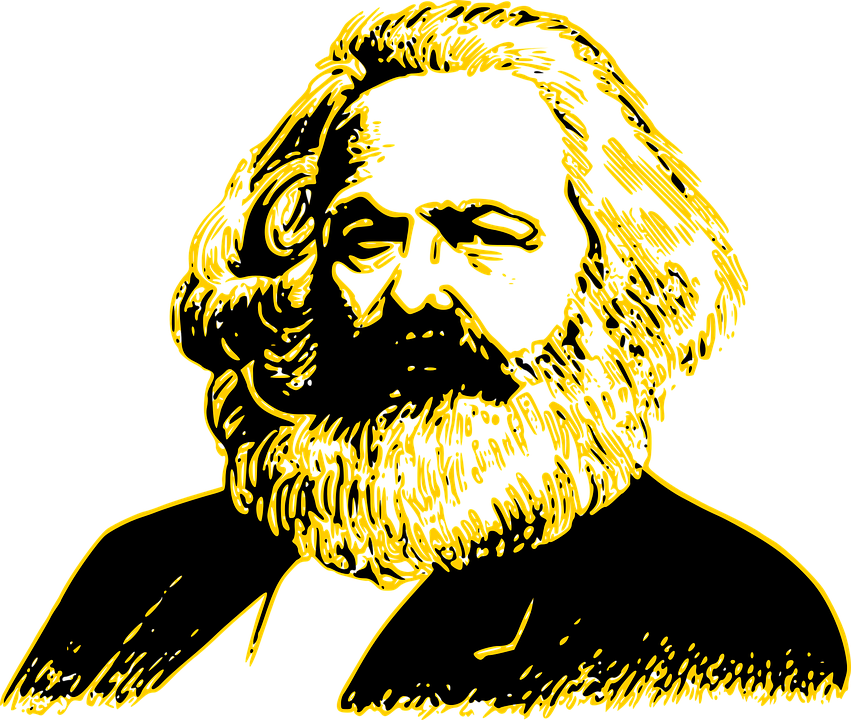The work of legendary German philosopher, economist, historian, political theorist, sociologist, journalist, and revolutionary socialist Karl Marx made its way to Punjabis nearly 100 years ago, in the 1920s. However, the people would have to wait a further 50 years before they’d get to “own [their] means of production” and get their hands on the man’s magnum opus – Das Kapital.
Marx’s famous publication was published in Punjabi by Bhapa Pritam Singh of the famous Navyug Publishers in Delhi, 1975. The mammoth task of the translation was undertaken by four separate writers, which meant that not everyone was entirely satisfied with the finished article.
The Problem with Punjabi
The main issue with translating a work of economics as complex as Das Kapitalinto Punjabi is that it requires an intense amount of coordination between the writers. In Punjabi there are no standardised words for economic terms, which, combined with a lack of the aforementioned coordination, led to the terminology changing throughout the book – sometimes within the same chapter.
Speaking to The Tribune India, one of the translators who worked on Das Kapital, Gurbachan Bhullar, said that he eventually had to insist on being given one of the publications three volumes in its entirety to allow him to translate it consistently. With none of the four translators communicating effectively, it was the only way he felt he could complete the task.
“None of us was ready to listen to each other,” said Bhullar. “Unfortunately, there was nobody to coordinate among four of us. …today too, we are not sure whether it was correct to call it ‘Sarmaya’ or should it be ‘Poonji.”
A Coordinated Effort
At Magna Carta Translation, we have decades of experience offering human translation services to legal and financial firms all over the globe. If you want to make sure your message is translated without ambiguity, get in touch with us today.



